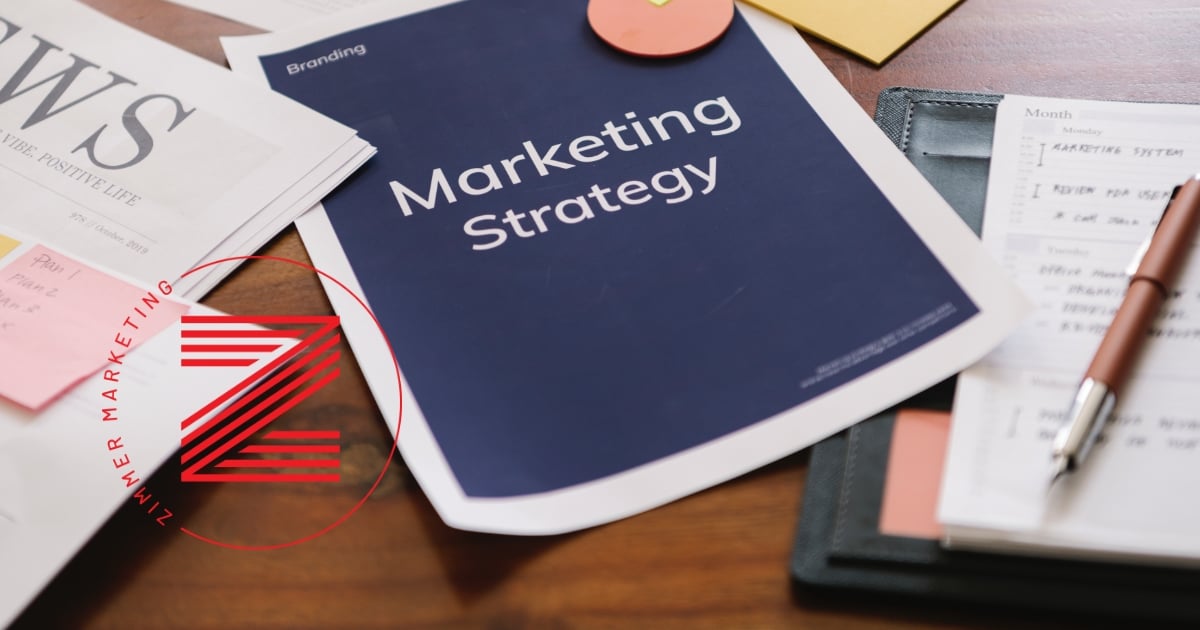Why Local Influencers Matter
The Unique Power of On-Air and Video Talent
- Multi-Platform Reach: From live radio to digital video, social media, and event appearances, our influencers connect with audiences wherever they are.
- Local Expertise: As residents and active members of the Four States, our team understands what resonates with local listeners and viewers, making your campaign more relevant and effective.
Best Practices for Working with Local Influencers
1. Set Clear Objectives
Define your campaign goals upfront—whether it’s increasing foot traffic, boosting web visits, or driving social engagement. Share these objectives with your influencer so they can tailor their approach for maximum impact.
2. Provide Authentic Experiences
Invite influencers to experience your product or service firsthand. The more familiar they are with your business, the more authentic and compelling their endorsements will be. This could mean a behind-the-scenes tour, a product trial, or a special event.
3. Collaborate, Don’t Script
Offer talking points and brand guidelines, but let your influencer speak in their own voice. Authenticity is key—audiences can tell when a message is genuine versus scripted. Trust your influencer’s expertise in communicating with their audience.
4. Embrace Multi-Channel Storytelling
Leverage the full range of your influencer’s platforms. Combine on-air mentions with social media posts, short-form videos, and live event appearances to create a cohesive, omnichannel campaign.
5. Measure and Optimize
Track key performance indicators, including web traffic, social engagement, and in-store visits. Share results with your influencer partner and be open to making adjustments for even better outcomes in future campaigns.
Zimmer Marketing: Your Local Influencer Advantage
Get in Touch with a Marketing Consultant










